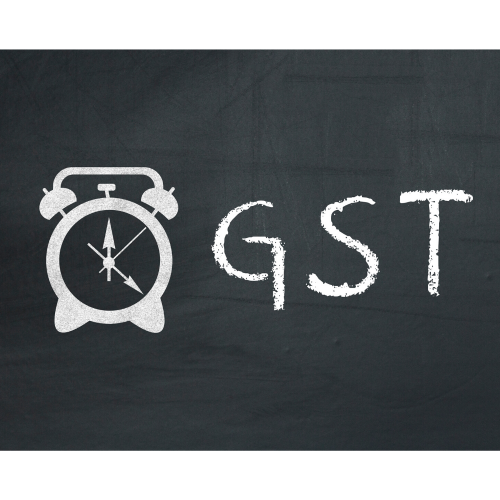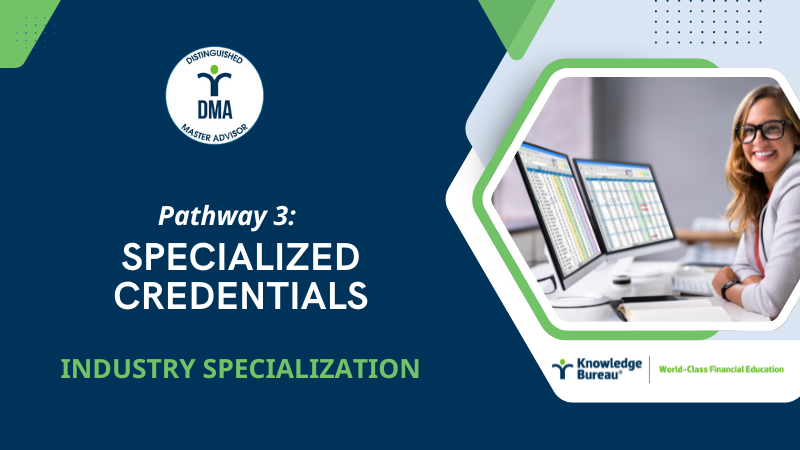Last updated: June 25 2025
Tax Primer: Who Needs to Register to Remit GST/HST

Barbara Britto
Navigating the complexities of tax compliance is a critical part of running a business in Canada—and understanding the Goods and Services/Harmonized Sales Tax (GST/HST) is a key component. While not all provinces participate in the HST system (those who don’t remit GST only), every business owner should understand what it is, how it works, and whether they are required to register.
What is HST? The HST is a value-added consumption tax that merges the federal Goods and Services Tax (GST) with the Provincial Sales Tax (PST) in participating provinces. It simplifies the sales tax structure by combining two tax layers into one.
As of 2025, the HST applies in the following provinces:
- Ontario – 13%
- New Brunswick – 15%
- Nova Scotia – 15%
- Prince Edward Island – 15%
- Newfoundland and Labrador – 15%
In these provinces, businesses charge a single HST rate on taxable sales. By contrast, provinces such as British Columbia, Alberta, Saskatchewan, Manitoba, and Quebec operate under separate systems, using GST in combination with PST or QST.
Who Needs to Register for HST?
Whether a business must register depends on both revenue and the nature of its operations.
1. Small Supplier Threshold
Businesses must register for GST/HST if their worldwide taxable revenues exceed $30,000 in a single calendar quarter or over four consecutive quarters. This includes revenue from all related businesses. Below that threshold, a business is considered a small supplier and is not required to register—though voluntary registration is allowed and often recommended, especially to access Input Tax Credits (ITCs).
2. Types of Businesses That Must Register
Registration is required for the following:
- Businesses (sole proprietors, partnerships, or corporations) earning over $30,000 in taxable revenue
- Ride-sharing drivers (e.g., Uber or Lyft), regardless of income
- Taxi operators, even if under the small supplier threshold
- Charities or non-profits making over $50,000 in taxable supplies
- Short-term rental hosts (e.g., Airbnb) if they exceed $30,000 in revenue
- Non-residents carrying on business in Canada, unless they qualify as small suppliers

What is a Taxable Supply?
Taxable supplies include most sales of goods and services, such as:
- Retail sales and consulting services
- Equipment rentals and leases
- Digital products (subscriptions, streaming, downloads)
- Event admissions and memberships
Taxable supplies are generally subject to HST, although some are zero-rated (taxed at 0%), such as basic groceries and certain medical devices. Others—like residential rent, financial services, and most health and education services—are exempt, and do not require GST/HST registration even if revenue exceeds the small supplier threshold.
Why Register for HST?
Even if your business is not required to register, there are several benefits to doing so:
- Input Tax Credits (ITCs): Claim HST paid on business expenses to reduce tax liability
- Professional image: Registration enhances credibility with clients and vendors
- Scalability: Future growth may push you above the threshold—registering early can help you stay ahead
How to Register
Businesses can register for HST in several ways:
- Online via the CRA’s Business Registration Online (BRO) portal
- By mail or fax using Form RC1
- By phone at 1-800-959-5525
Upon registration, the business receives a Business Number (BN) and an HST account number (e.g., 123456789RT0001).
After Registration: What Comes Next?
Once registered, businesses must:
- Charge HST on taxable supplies in participating provinces
- File GST/HST returns based on reporting frequency (monthly, quarterly, or annually)
- Remit HST collected by the filing deadline
- Maintain accurate records for a minimum of six years
Non-compliance can result in penalties, interest charges, or audits.
Final Thoughts
Understanding your HST obligations is essential for maintaining compliance and optimizing your business’s financial efficiency. Whether you’re a new entrepreneur or managing a growing operation, getting this right can make a significant difference in your bottom line.
If you’re unsure about your registration requirements—or want to better serve clients who need guidance—advanced training in corporate tax can help.
Advance Your Expertise in Corporate Tax
Take the guesswork out of HST and business tax compliance with the DMA™ – Corporate Tax Services Specialist program from Knowledge Bureau. This designation offers practical, up-to-date training for professionals who want to deepen their expertise and confidently advise business clients on the full spectrum of tax issues, including HST, payroll, incorporation, and CRA compliance
